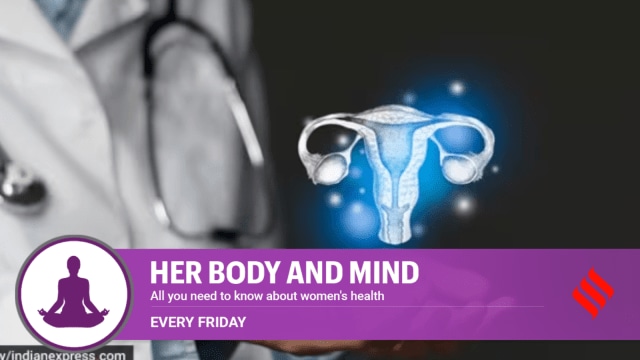Egg-freezing: How to prepare your body and optimise egg quality
Before the procedure, you need to follow a few easy steps.
 All you need to do is optimise your egg quality before the procedure with a few easy steps.
(Representational image)
All you need to do is optimise your egg quality before the procedure with a few easy steps.
(Representational image)These days I have more and more young women opting to focus on their professional lives and freezing their eggs to preserve their fertility. In fact, egg-freezing is a “fertility insurance” that a woman provides for herself and her future family. While eggs should be frozen between your late 20s and very early 30s, when the quality of your eggs is highest, many women ask me if they should do something extra to ensure their eggs are harvested at their peak. Some worry that they have fewer eggs but you need just a few good eggs for a healthy baby in the future.
All you need to do is optimise your egg quality before the procedure with a few easy steps.
Nutrient-dense diet: Make sure to have a balanced diet rich in antioxidants, vitamins and healthy fats. Foods like leafy greens, nuts, berries, fish and whole grains can help protect egg cells from damage. Healthy fats, especially the Omega-3 fat-laden avocado fruit and olive oil, may be particularly beneficial. Make sure your fruits and vegetables have a low to moderate glycaemic index, the rate at which glucose from food breaks down in the bloodstream. Sugar affects ovulation, the process by which one of your ovaries releases an egg.
Antioxidants: Studies have shown that consuming a prescribed dose of antioxidants like Coenzyme Q , folic acid, vitamin D, Resveratrol, Vitamin C and curcumin may improve the quality of eggs that may increase the chances of success in the future.
Avoid smoking and excessive alcohol: Both these habits can harm your egg quality. Quitting can have a positive impact on your fertility.
Maintain a healthy weight: Being underweight or overweight may affect the balance of hormones produced by the body and have an impact on ovulation. Keep your body mass index (BMI) and waistline in check.
Manage Stress: High stress levels can negatively affect your hormonal balance. Set aside a routine for stress-relieving practices such as yoga, meditation and deep-breathing exercises.
Moderate exercise: Engage in moderate and low impact activities like walking, swimming or yoga for at least 30 minutes, 4–5 times a week. These improve blood flow, reduce stress and promote a healthy weight. Avoid intense workouts, especially endurance exercises, which can disrupt ovulation and hormonal balance.
Before freezing your eggs, your fertility expert will guide you through a thorough evaluation. Tests for AMH (Anti-Müllerian Hormone) levels and antral follicle count via ultrasound can give insights into your ovarian reserve and help your doctor recommend the best time to proceed. Ideally, start preparing for egg freezing well in advance of the procedure to allow time for lifestyle changes to take effect. Be prepared for potential emotional fluctuations due to hormonal changes during the egg-freezing process. But these are temporary and subside after the procedure.
(Dr Parikh is Director, Well Women Centre, Sir HN Reliance Foundation Hospital, Mumbai)



- 01
- 02
- 03
- 04
- 05




























